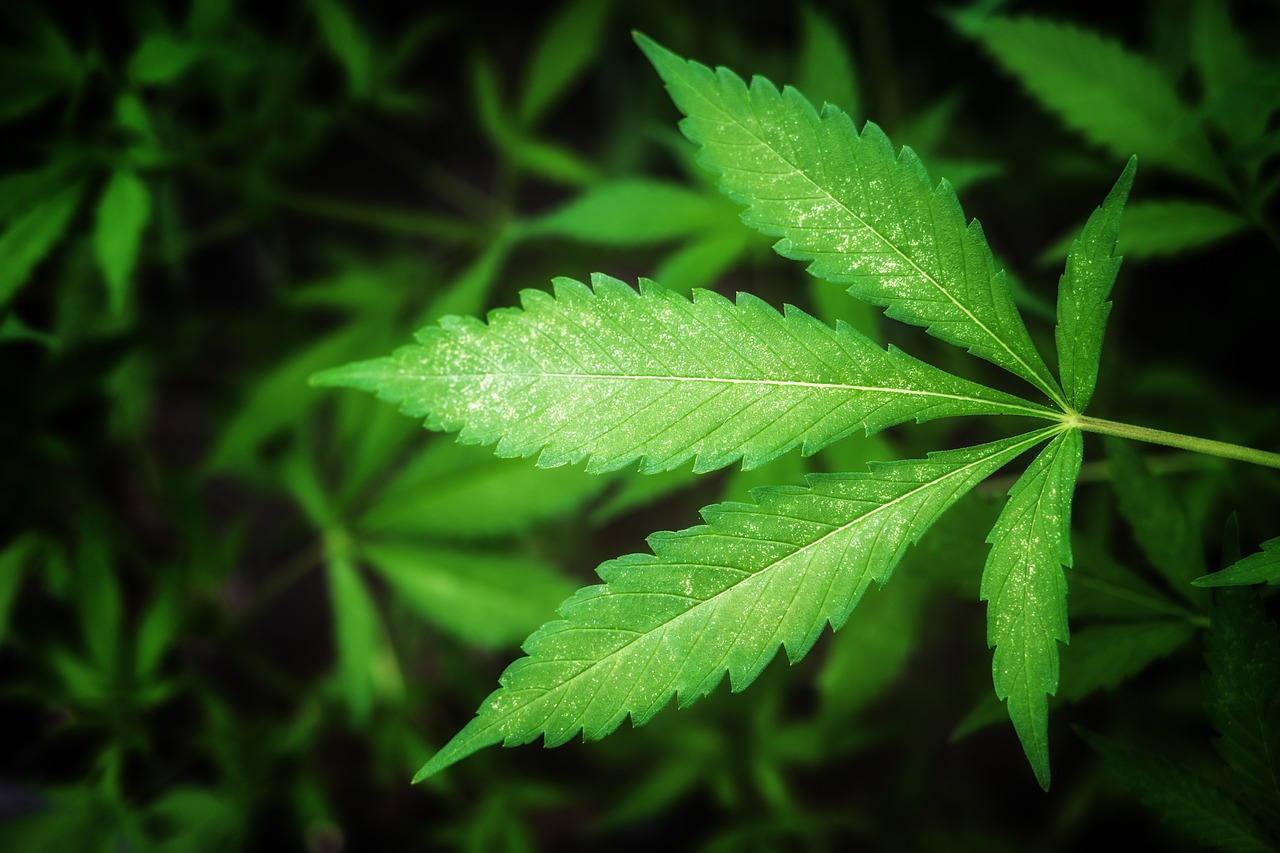In recent years, the cannabis industry has seen a surge in interest surrounding various cannabinoids, each offering unique properties and potential benefits. Among these, THCA (tetrahydrocannabinolic acid) has garnered attention for its distinct characteristics and potential health advantages. This guide explores the nature of THCa Flower vs THC Differences, its benefits, and its place in the cannabis market.
Understanding THCA: The Basics
THCA is a non-psychoactive cannabinoid found in raw and live cannabis plants. Unlike THC (tetrahydrocannabinol), which is known for its psychoactive effects, THCA does not produce a “high” when consumed in its natural form. This makes it an appealing option for those seeking the therapeutic benefits of cannabis without the mind-altering effects.
How THCA Converts to THC
THCA naturally converts to THC through a process called decarboxylation. This occurs when cannabis is exposed to heat, such as during smoking, vaping, or cooking. The heat removes a carboxyl group from THCA, transforming it into the psychoactive compound THC.
Potential Benefits of THCA
Research into THCA is still in its early stages, but preliminary studies and anecdotal evidence suggest several potential health benefits:
- Anti-inflammatory Properties: THCA may help reduce inflammation, making it a potential option for those with conditions like arthritis or inflammatory bowel disease.
- Neuroprotective Effects: Some studies indicate that THCA might protect brain cells, which could be beneficial for neurodegenerative diseases such as Alzheimer’s or Parkinson’s.
- Anti-emetic Benefits: THCA has shown promise in reducing nausea and vomiting, which could be helpful for patients undergoing chemotherapy.
- Appetite Stimulation: Like THC, THCA may help stimulate appetite, offering potential benefits for individuals with eating disorders or those undergoing treatments that affect appetite.
THCA Flower: What Sets It Apart?
THCA flower refers to cannabis buds that are rich in THCA content. These flowers are typically harvested and consumed in their raw form to preserve the THCA content. This can be done through juicing, blending, or using them in salads and smoothies.
Consumption Methods
To maintain the non-psychoactive properties of THCA, it’s important to consume the flower without applying heat. Here are some popular methods:
- Juicing: Fresh cannabis leaves and buds can be juiced to create a nutrient-rich beverage.
- Raw Consumption: Adding raw cannabis to salads or smoothies is another way to enjoy THCA.
- Tinctures: Cold-pressed tinctures can be made to extract THCA without heat.
Case Studies and Research
While comprehensive clinical trials are limited, several studies and case reports highlight the potential of THCA:
- A 2013 study published in the British Journal of Pharmacology suggested that THCA might have anti-inflammatory properties, which could be beneficial for conditions like arthritis.
- In 2017, a study in the journal Neurotherapeutics explored the neuroprotective effects of THCA, indicating its potential in treating neurodegenerative diseases.
- Anecdotal evidence from patients using THCA for nausea and appetite stimulation has been positive, though more research is needed to confirm these effects.
The Market for THCA Flower
The growing interest in THCA has led to an increase in the availability of THCA-rich products. Dispensaries and online retailers now offer a variety of THCA flowers, tinctures, and edibles. Consumers are drawn to these products for their potential health benefits and the absence of psychoactive effects.
Choosing Quality THCA Products
When selecting THCA products, consider the following factors:
- Source: Opt for products from reputable growers who use organic and sustainable practices.
- Testing: Ensure products are lab-tested for purity and potency.
- Transparency: Look for brands that provide detailed information about their cultivation and extraction processes.
Conclusion
THCA flower offers a unique opportunity for those interested in the therapeutic benefits of cannabis without the psychoactive effects. With its potential anti-inflammatory, neuroprotective, and anti-emetic properties, THCA is an exciting area of research and product development. As the cannabis industry continues to evolve, THCA-rich products are likely to become more prevalent, providing consumers with new options for health and wellness.
